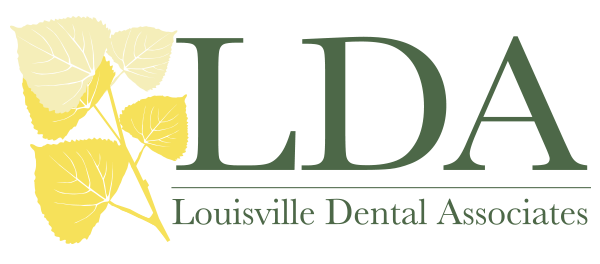Millennials Have Less Healthy Smiles Than Their Parents

At Louisville Dental Associates, our doctors have seen firsthand the remarkable advances made in dentistry over the years. Today, patients have access to dental treatments and technologies far beyond what was available just five or ten years ago. It would then stand to reason that millennials should have healthier smiles than previous generations due to these advances and online health information. However, recent research suggests that may not be the case.
Dentistry has made remarkable advances in corrective and cosmetic dental care that allow patients to achieve the type of smile they desire. Those advances, however, have created a change in the way people think about dental care. Studies have found that millennials often take their oral health for granted, assuming they can repair any damage at a later time. Teeth whitening filters on social media apps like Instagram give millennials the power to conceal any problems with their teeth, making it easier to delay dental care.
Experts have dubbed this phenomenon the “Invisalign effect,” where millennials see corrective dental care as something that can continue into their adulthood rather than something that needs addressing when in junior high or high school. While we encourage all of our patients to have a positive approach to dental care at Louisville Dental Associates, it can become a negative if patients decide to delay receiving care and not make their oral health a priority.
A rise in cosmetic dentistry doesn’t promote healthier smiles if treatments result from repairing damage caused by neglect.
A Change is Lifestyles
Another reason why many millennials have worse teeth and gums than their parents is because many live untraditional lives and therefore have untraditional priorities. When it comes to practicing quality oral hygiene, such as brushing and flossing daily, many millennials place less importance on these habits than their parents.
Several studies have shown that lifestyle, especially working from home, makes it easier for people to develop poor oral hygiene habits. Why make sure your breath smells fresh and your smile dazzles if you only interact with coworkers over Zoom calls?
One recent study examining America’s poor oral health during the pandemic found that “millennials more frequently reported experiencing dental disruptions, with 43 percent of those surveyed indicating that working from home or attending virtual classes from home led to disruptions to their usual dental hygiene habits.”
Adding to their problems, 31 percent of millennials surveyed reported snacking more throughout the day during the pandemic.
Impact of Diet on Oral Health
Studies have shown that millennials eat worse diets than previous generations, regularly consuming fast food and sugar than other age groups. Medical Daily reports the best way to describe the diets of millennials as “poor.”
Poor eating habits can spiral into other bad habits. For example, millennials don’t often hit their daily fruit and vegetable intake recommendations. Rather than eat healthy foods, they replace them in their diets with foods loaded with artificial sweeteners.
As we’ve covered before on our Louisville Dental Associates blog, there is a clear connection between a patient’s diet and oral health. Diets high in processed sugars lead to the development of tooth decay and gum disease. Combining poor diet with a lack of urgency regarding their oral health and it’s easy to understand why so many millennials experience unhealthy smiles.
Avoiding Dental Care
Millennials don’t just eat unhealthy diets and delay receiving dental care, they also place less of a premium on visiting the dentist.
A survey conducted by Business Insider found that “close to half of Americans (45%) would rather spend their money on TV services, for example, cable or streaming services, than on a dental procedure – this number jumps to more than half among millennials (56%).”
Not only do millennials devalue the importance of dental care, but they also actively avoid it. Explanations range from not having the time or money to being uncomfortable with having a dental professional working in their mouths.
Whatever the reason, this adds one more reason why millennials have much worse teeth than previous generations.
